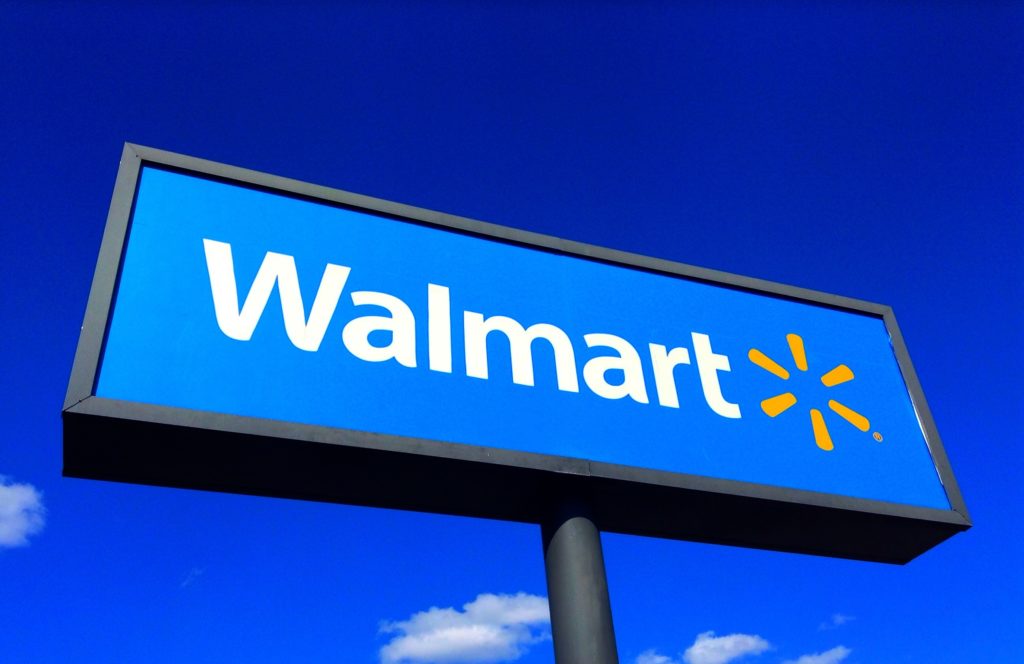In March, Walmart made headlines for the launch of their new food inspection technology called Eden, which they claim can track the freshness of foods and forecast food spoilage. However on Wednesday, the retail giant was sued for $2 billion by Silicon Valley-based Zest Labs in a lawsuit that claims that Walmart’s Eden technology is a replica of their own freshness preserving technology, Zest Fresh.
According to Zest Labs’ lawsuit, Walmart’s Eden technology “looks, sounds and functions” just like their Zest Fresh technology. The company claims that they had worked with Walmart for years on implementing Zest Fresh in stores until the retailer lost interest in them in November. Zest said that they were “stunned” when Walmart announced the launch of Eden while claiming that they developed the technology through an internal “hackathon’ among its own engineers and that they had saved $86 million in food waste using it.
“In reality, Walmart used its years of unfettered access to plaintiffs’ trade secrets, proprietary information, and know-how to steal the Zest Fresh technology and misappropriate it for Walmart’s own benefit,” the complaint said.
Zest’s lawsuit, which was filed in Little Rock, Arkansas, claims that Walmart has forecasted a savings of $2 billion over five years from the Eden system. In the next decade, the retailer expects to save up to $15 billion. This is why Zest is seeking to recover such savings from Walmart through their lawsuit for alleged theft of trade secrets, unfair competition, breach of contract and other wrongdoing.
Walmart’s spokesperson, Randy Hargrove, told Reuters “we respect the intellectual property rights of others,” and that they will respond to the complaint in court.
Walmart is one of the largest supermarket chains in America and the company has been trying to maintain their ranking since Amazon acquired Whole Foods last year. This is no surprise considering Amazon’s incredibly successful first-quarter sales this year which increased by nearly 50 percent to reach a total value of $650 million. This might be why Walmart has been investing in a variety of technologies to improve their overall services over the past year.
Last month, Walmart announced their partnership with Waymo, which was formerly known as Google’s self-driving car project, to transport online shoppers to their store in Chandler, Arizona. This test launch is currently only available to a select number of consumers under Waymo’s “early riders” program but the retailer might expand this service to other locations depending on the feedback from these consumers. In June, the retailer introduced their premium Jetblack service, which is a concierge-style text message-based service which allows consumers to text their shopping lists to a digitized personal shopper. The major supermarket chain is also looking into developing checkout-free stores that are similar to Amazon Go stores.
However, when it comes to the case of Zest Labs v Walmart, US District Court, Eastern District of Arkansas, No. 18-00500, Walmart may have overstepped their boundaries in their search for the perfect technological solution for standing up against e-commerce giant Amazon.












Join or login to leave a comment
JOIN LOGIN